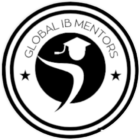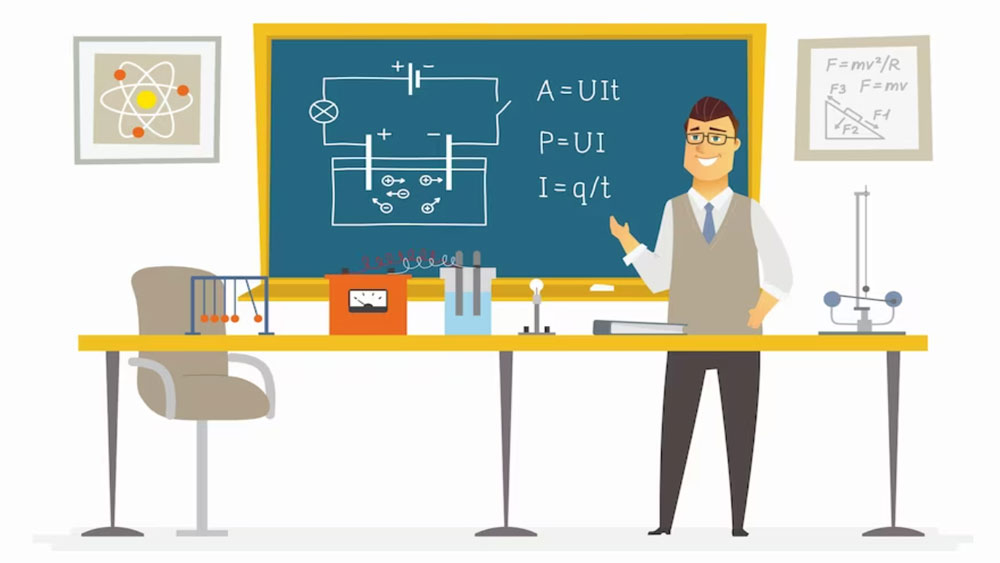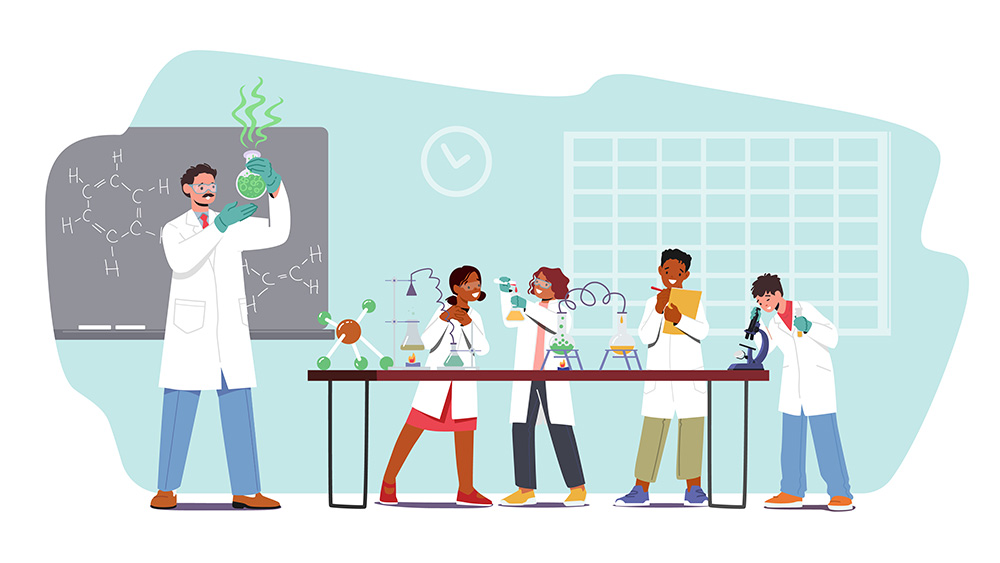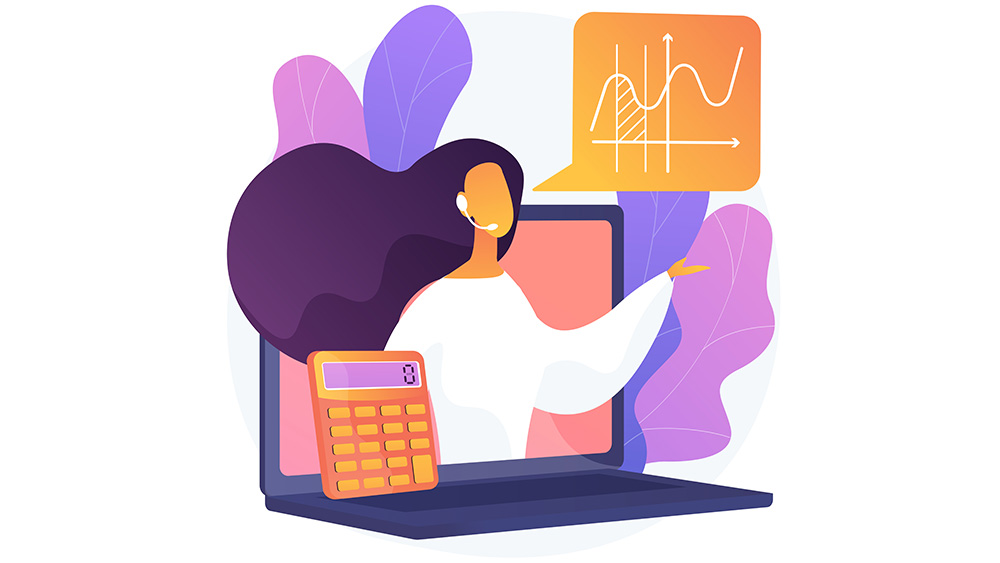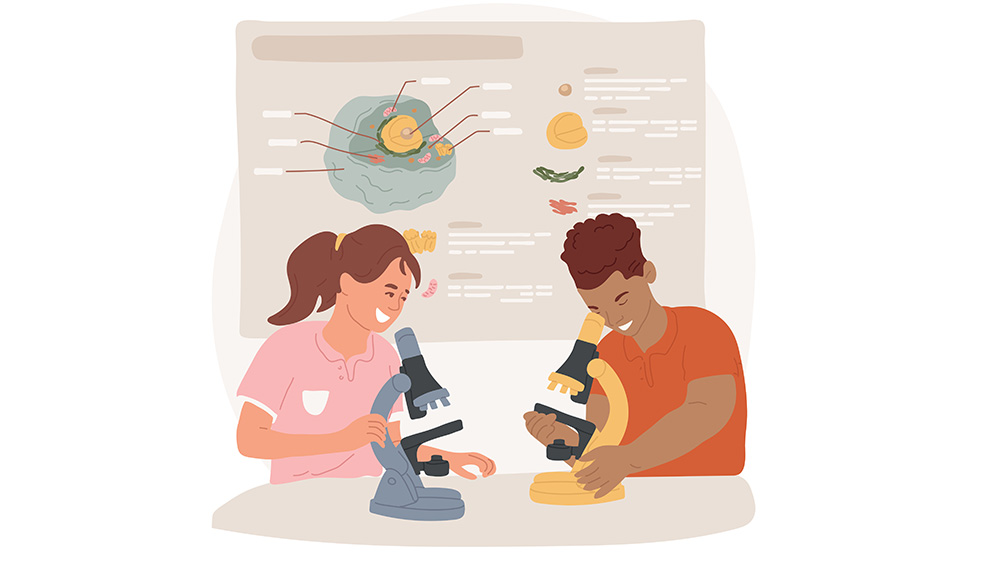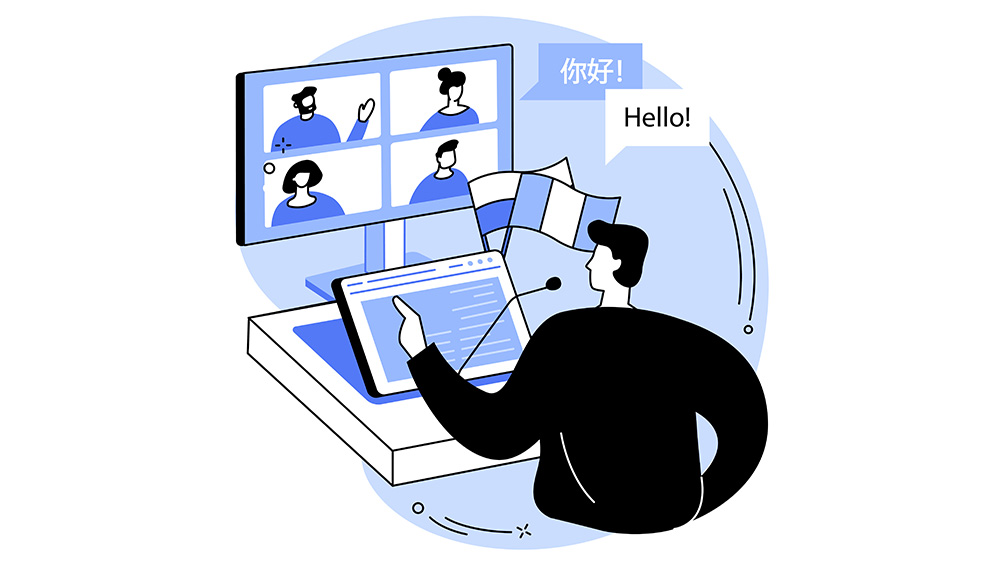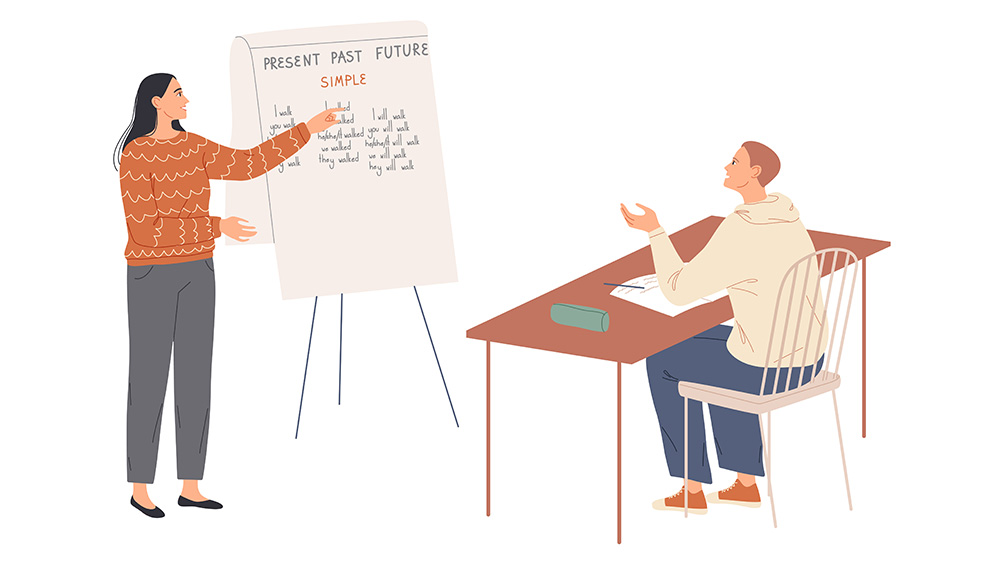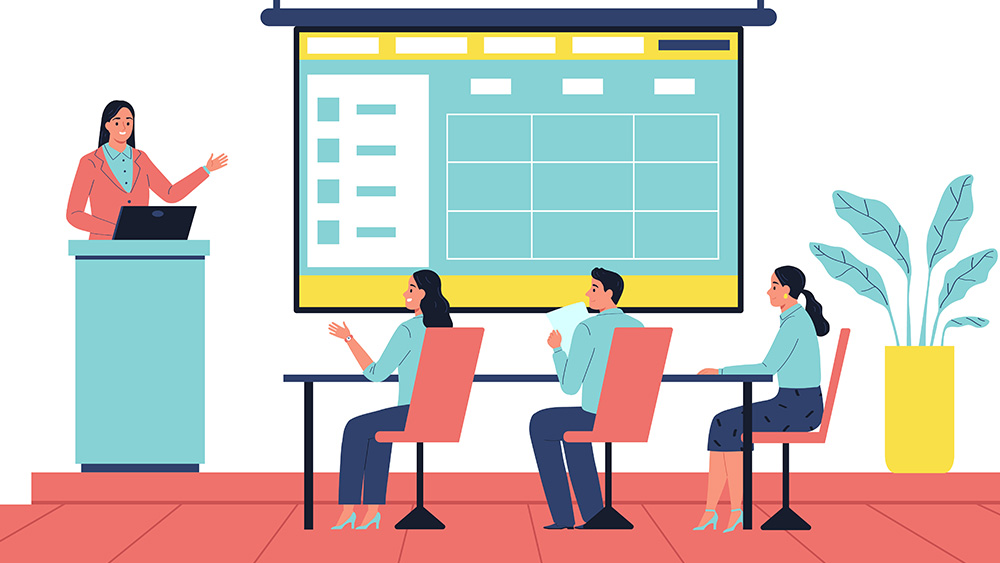Why To Choose IGCSE French?
The French IGCSE Course will help students develop their listening, reading, conversational, and written French skills. It is intended for students who study French to improve their future educational or employment prospects.
The class assumes that pupils have some knowledge of the fundamentals of the French Language and is not designed for complete novices. The initial few sessions are intended to refresh students’ memories of the fundamental linguistic concepts of French and to get them ready for the IGCSE-style activities that will be present throughout the remainder of the course, therefore they shouldn’t be too wide. An introductory French course is included in the course package, which can provide you with a framework for learning that builds on your prior knowledge.
What is IGCSE French syllabus?
The goals outline the objectives of a course built around this curriculum.
The objectives are for students to be able to:
- Become fluent enough in French to speak successfully at standard A2 (CEFR Basic Users), with certain components of standard B1 (CEFR Independent User)
- Provide details about French-speaking nations’ and communities’ cultures and societies
- The importance of gaining a better understanding of language education learning
- Inspire respect for those who speak various languages and an understanding of other cultures. Call IBGA for the IGCSE French tutor in Dubai!
- Provide entertainment and mental stimulation
- Build transferrable skills to support other curriculum areas, such as memorization and inference drawing
- Build a strong foundation of the knowledge, abilities, and attitudes necessary for moving on to employment or further education, whether in French/another language.
Content summary
The subject material is divided into five main topic groups (A–E below). These offer situations for learning new words and studying grammar and structures. Students can learn more about the communities and nations wherever French is spoken by studying these subject areas. In section 3, the five subject areas are more thoroughly explained.
- Daily activities
- Social and personal life
- Our environment
- Our world of work
- The global community
Students have several opportunity to learn and use a variety of foreign language abilities thanks to the curriculum.
The ability to read and comprehend a range of spoken and written texts on well-known subjects will be required of candidates.
What are the assessment objectives?
A01 (Listening)
- L1: comprehend the core ideas and important details in straightforward everyday material
- L2: comprehend clear discourse on a variety of well-known subjects
- L3: Recognize how ideas, opinions, and attitudes are expressed in simple texts and how events are described.
- L4: Recognize and choose pertinent data from predictable texts
A02 (Reading)
- R1: Recognize the major ideas and pertinent details in straightforward, ordinary content.
- R2: comprehend real factual writings on a variety of well-known subjects
- R3: Recognize how ideas, opinions, and attitudes are expressed in basic texts and how events are described.
- R4: Recognize and choose pertinent data from predictable texts
A03 (Speaking)
- S1: communicate successfully in a variety of routine, predictable circumstances.
- S2: Have talks about well-known subjects and express feelings and opinions in them.
- S3: use a variety of language and structures with reasonable precision.
- S4: show some capacity for interaction maintenance
- S5: demonstrate some mastery over pronunciation and intonation. Contact IBGA for IGCSE French tutor!
A04 (Writing)
- W1: Clearly convey basic factual facts for everyday use
- W2: Compose brief phrases and sentences about a well-known subject
- W3: Compose short, related texts describing experiences, opinions, hopes, and aspirations.
- W4: reasonably correct use of a variety of basic language structures and vocabulary
What are the skills covered in the syllabus of IGCSE French?
Listening
- Recognize brief narrations addressing necessities of daily life (such as basic retail transactions or instructions).
- Be able to comprehend factual information and thoughts on common themes from a variety of sources (such as announcements, phone messages, news articles, interviews, and conversations).
- Recognize descriptions of situations, viewpoints, feelings, aspirations, and hopes in simple texts (such as dialogues, radio broadcasts, and interviews).
- Summarize key ideas, specifics, and information on commonplace subjects (such as personal and family information, shopping, the neighbourhood, employment, school, and leisure activities).
- Recognize key concepts, themes, thoughts, viewpoints, feelings, and attitudes in texts that are predictable (such as news stories, conversations, interviews, and straightforward monologues).
- Infer from the context the meaning of sporadic unfamiliar words and idioms.
Reading
- Recognize brief, straightforward sentences (such as those on signs and notifications posted in public areas like streets, restaurants, bus/rail stations, and airports).
- Be able to comprehend real texts (such newspaper/magazine articles, emails, blogs, and letters) about well-known subjects and circumstances.
- Recognize descriptions of situations, viewpoints, feelings, aspirations, and hopes in simple texts (such as news stories, interviews, or private communications).
- Recognize key ideas, facts, and information in texts that are expected to be read (such as advertising, brochures, menus, schedules, instructions, and messages).
- Recognize the key concepts, themes, beliefs, opinions, feelings, and views in predictable texts (such as newspaper/magazine articles, straightforward movie or book narratives).
- Infer from context the meaning of sporadic unfamiliar words and expressions.
Speaking
- Participate in brief social interactions (such as greetings, invites, and apologies) and converse on familiar themes to satisfy basic requirements (such as placing an order for food and drink, carrying out straightforward business in stores, using public transportation, and requesting information).
- Take part in impromptu conversations about well-known subjects that interest you personally or are pertinent to your daily life (e.g. friends, family, hobbies and interests, home environment, education, work, travel).
- Give a brief explanation of current plans and viewpoints, as well as past experiences, dreams, and aspirations.
- Use a variety of structures, tenses, and terminology appropriate to the situation at hand to communicate with a reasonable level of accuracy.
- Link a collection of shorter discrete components into a connected sequence of elements by using basic connectors (such as and, but, because, and then).
Writing
- Complete forms with basic information.
- Use common language and idioms to convey basic factual information in writing.
- Create a list of basic words and phrases that are connected by basic connectors that relate to your own life, your surroundings, and commonplace subjects (e.g. writing about vacation).
- Write straightforward, cohesive texts (such as emails and articles) on well-known subjects, such as plans and arrangements, preferences and dislikes, family, the home environment, interests and hobbies, as well as education, work, and travel.
- Give a brief explanation of current plans, opinions, hopes, and ambitions, as well as prior events and experiences.
- Use a variety of structures, tenses/time frames, and terminology appropriate to the occasion to communicate with a reasonable level of accuracy.
- Use basic connectors to join a string of shorter distinct pieces into a connected whole, such as and, but, because, and then.
Candidates must demonstrate their familiarity with and comprehension of the broad subject areas indicated below. These offer situations for learning new words and studying grammar and structures. Candidates learn about the cultures of the communities and nations wherever French is spoken by studying five broad topic areas.
FAQ'S
Which credentials do IBGA tutors for IGCSE French possess?
Our highly competent and seasoned IGCSE French tutors at IBGA have extensive experience teaching the subject at the IGCSE level. They have a proven track record of assisting students in achieving exceptional results and hold pertinent credentials and degrees in the French language.
How can I locate my child the best tutor for French for the IGCSE?
With IBGA, finding your child the best IGCSE French tutor is simple. You can peruse the profiles, testimonials, and ratings of a large number of certified tutors on our platform. In order to make sure the tutor is the best fit for your child’s learning needs, you can also arrange a free trial session.
Do your IGCSE French tutors offer exam preparation assistance?
Of course! Our IGCSE French tuitions are given by the individuals, who are knowledgeable about the IGCSE curriculum and have a focus on exam preparation. To ensure that your child does well on their IGCSE French exams, they can offer focused coaching, practise questions, and mock exams.
How do IBGA's online IGCSE French classes operate?
Our user-friendly online IGCSE French tutoring environment facilitates real-time interaction between students and tutors through chat, audio, and video features. Interactive learning is enabled by the virtual whiteboard, and all course materials are digitally shared and accessible.
How can I keep track of my child's IGCSE French progress?
You can effortlessly keep an eye on your child’s IGCSE French progress with IBGA’s IGCSE French tutors. Our platform offers thorough session reports that include the subjects discussed, suggestions for development, and the tutor’s feedback. You can also speak with the tutor face-to-face to go over your child’s development.
How can one achieve an IGCSE French grade of A *?
To succeed on the IGCSE, you must work on your grammar and vocabulary. Your language proficiency is based on these two pillars, according to an IGCSE French tutor from IBGA in Gurgaon. And in any language test, they are examined closely. For this reason, to interact in French effectively, you must be proficient in grammar and vocabulary.
Which level corresponds with French IGCSE?
Cambridge IGCSE offers thirty languages, including French. It is offered in 150 countries and 4,700 schools. A good IGCSE French tutor knows that, “Language proficiency at the A2 level is the goal of the Cambridge IGCSE French course.” Additionally, in certain places, the B1 grade.
How do I get a 9 on the French IGCSE?
These are a few strategies adopted at the IGCSE French Tuition for getting an excellent grade in IGCSE French.
- Begin early!
- Give reading and listening priority.
- Make use of a variety of resources.
- Reviews ought to be brief but frequent!
- Organize your rewrite.
- Five Easy Steps to Successful New Vocab.
- Put the words in context (make it real!).
- Remember to have fun.
- Practice past papers
- Long term motivations over language learning
Can IBGA’s IGCSE French tutors assist with particular subjects or tough areas?
Of course! IBGA’s IGCSE French tutors have expertise working with particular subjects or problem areas. In order to help your child overcome obstacles, our tutors can offer focused support and practice exercises in grammar, vocabulary, speaking, and writing.
How long does each lesson for IGCSE French last?
IBGA offers IGCSE French lessons at tuition that last an hour on average. Nevertheless, depending on your child’s requirements and preferences, our tutors can arrange longer or shorter class periods. When making a reservation, you can talk to the tutor about how long the lesson will last.
Related Courses
WHAT STUDENTS SAY



